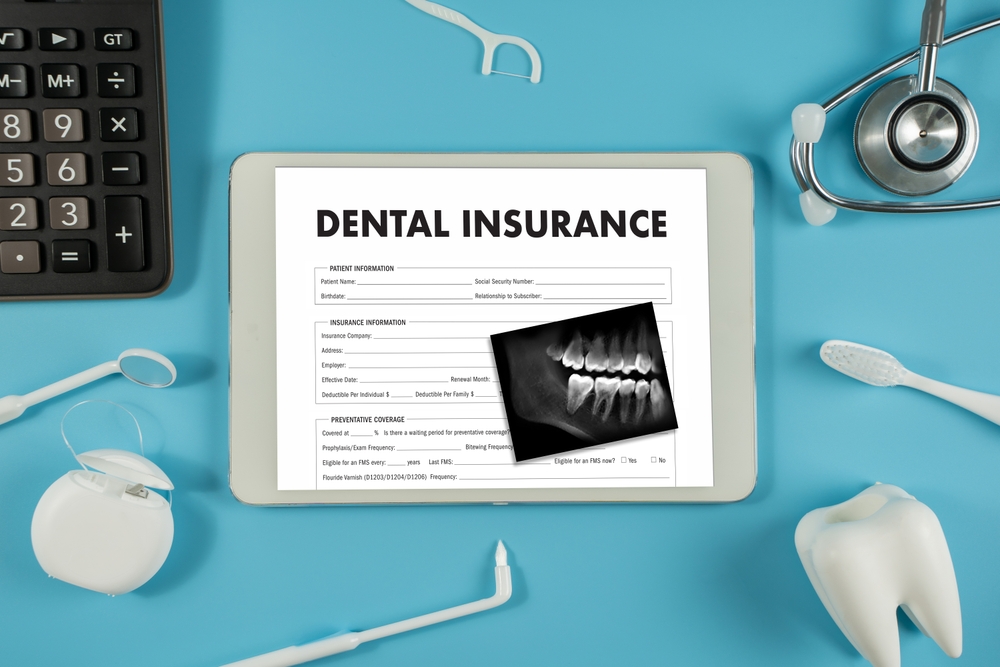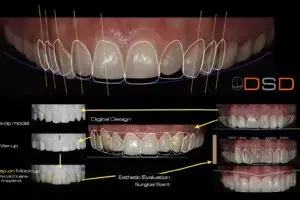Access to quality dental care shouldn’t be limited by your budget. Understanding dental insurance and financing options can help you manage the costs of maintaining a healthy smile. Whether you have insurance or not, there are various ways to make dental treatments more affordable and ensure you receive the care you need without financial stress.
Understanding Dental Insurance
Dental insurance is designed to help cover the costs of dental care, making it more accessible and affordable. However, navigating insurance policies can be confusing. Here’s a breakdown of the key components:
Types of Dental Insurance Plans
- Indemnity Plans: These plans offer the most flexibility, allowing you to visit any dentist. They typically cover a percentage of the costs for services like cleanings, fillings, and major procedures.
- Preferred Provider Organisations (PPOs): PPOs have a network of dentists who agree to provide services at reduced rates. You receive higher coverage when you visit these in-network providers.
- Health Maintenance Organisations (HMOs): HMOs require you to choose a primary dentist within their network. These plans often have lower premiums but less flexibility in choosing providers.
What Dental Insurance Typically Covers
Most dental insurance plans cover a range of services, but the extent of coverage can vary:
- Preventive Care: Routine cleanings, exams, and X-rays are usually covered at 100%. Preventive care helps catch issues early, reducing the need for more expensive treatments.
- Basic Procedures: Fillings, extractions, and root canals are commonly covered, often at 70-80% of the cost.
- Major Procedures: Crowns, bridges, dentures, and implants may be partially covered, typically around 50%.
- Orthodontics: Coverage for braces or Invisalign varies widely and may require an additional rider or separate plan.
Fact: According to the Australian Dental Association, about 80% of Australians have some form of dental insurance, primarily through private health funds.
Maximising Your Insurance Benefits
To get the most out of your dental insurance, consider the following tips:
Schedule Regular Check-Ups
Routine visits not only keep your teeth healthy but also ensure you utilise the preventive care benefits of your insurance plan. Many plans have annual maximums, so regular check-ups help you stay within your coverage limits.
Understand Your Coverage
Review your insurance policy to understand what is covered and what isn’t. This knowledge helps you make informed decisions about treatments and avoid unexpected costs.
Use In-Network Providers
Visiting dentists within your insurance network can significantly reduce out-of-pocket expenses. In-network providers have negotiated rates with your insurance company, making treatments more affordable.

Financing Options for Dental Care
If your insurance doesn’t cover all the treatments you need or if you don’t have insurance, financing options can help you manage the costs of dental care.
Payment Plans
Many dental offices offer payment plans that allow you to spread the cost of treatments over several months. This makes it easier to afford necessary procedures without paying the full amount upfront.
Third-Party Financing
Companies like CareCredit provide credit specifically for healthcare expenses, including dental care. These plans often come with low or no interest if paid within a certain period, making them an attractive option for managing larger expenses.
Dental Discount Plans
Dental discount plans are an alternative to insurance. By paying an annual fee, you gain access to discounted rates on dental services. These plans can be a cost-effective way to receive quality care without the complexities of traditional insurance.
Affordable Dental Care Without Insurance
Even without insurance, there are ways to keep dental care affordable:
Preventive Measures
Focusing on prevention can reduce the need for expensive treatments. Regular brushing, flossing, and a healthy diet can help maintain your oral health and prevent issues like cavities and gum disease.
Community Programs
Some communities offer dental clinics that provide services at reduced rates or on a sliding scale based on your income. These programs aim to make dental care accessible to everyone, regardless of their financial situation.
Negotiating Costs
Don’t hesitate to discuss the cost of treatments with your dentist. Many practices are willing to work with patients to create affordable payment plans or offer discounts for paying upfront.
Transparent Communication About Costs
Clear communication with your dentist about costs and payment options is essential. Here’s how to approach it:
Requesting Estimates
Before undergoing any treatment, ask your dentist for a detailed estimate of the costs involved. This helps you plan financially and avoid unexpected expenses.
Discussing Insurance Coverage
Provide your dentist with your insurance information and ask for their assistance in understanding what your plan covers. Many dental offices have staff who can help navigate insurance claims and maximise your benefits.
Exploring All Options
If a recommended treatment is outside your budget, discuss alternative options with your dentist. There may be less expensive ways to achieve similar results without compromising your oral health.

Planning for Long-Term Oral Health
Investing in your oral health today can save you money in the future. Here are some strategies to consider:
Regular Maintenance
Consistent dental care prevents minor issues from becoming major problems. Regular cleanings and exams can detect early signs of decay or gum disease, allowing for simpler and less costly treatments.
Healthy Lifestyle Choices
Maintaining a balanced diet, avoiding excessive sugary foods, and not smoking contribute to better oral health. These habits reduce the risk of cavities, gum disease, and other dental issues, ultimately lowering your dental expenses.
Building an Emergency Fund
Having a small reserve fund for unexpected dental emergencies can help you cover urgent treatments without financial strain. This proactive approach ensures you’re prepared for any unforeseen dental needs.
Utilising a Comprehensive Dental Guide
Navigating dental care and financing can be complex, but having access to a reliable guide can simplify the process. A trusted dental guide offers detailed insights into insurance plans, payment options, and tips for managing dental expenses effectively. It serves as a helpful resource to support informed decisions and maintain your oral health without financial stress.
Taking Control of Your Dental Finances
Managing dental expenses requires understanding your options and making informed choices. By leveraging dental insurance, exploring financing alternatives, and adopting preventive measures, you can keep your oral care affordable and ensure your smile remains healthy and bright. Open communication with your dental care provider and proactive financial planning are key steps in taking control of your dental finances.
Moving Forward with Confidence
Affordable dental care is achievable with the right knowledge and resources. By understanding how dental insurance works, maximising your benefits, and exploring various financing options, you can access the treatments you need without financial worry. Remember, investing in your oral health today leads to long-term savings and a healthier, happier smile.


